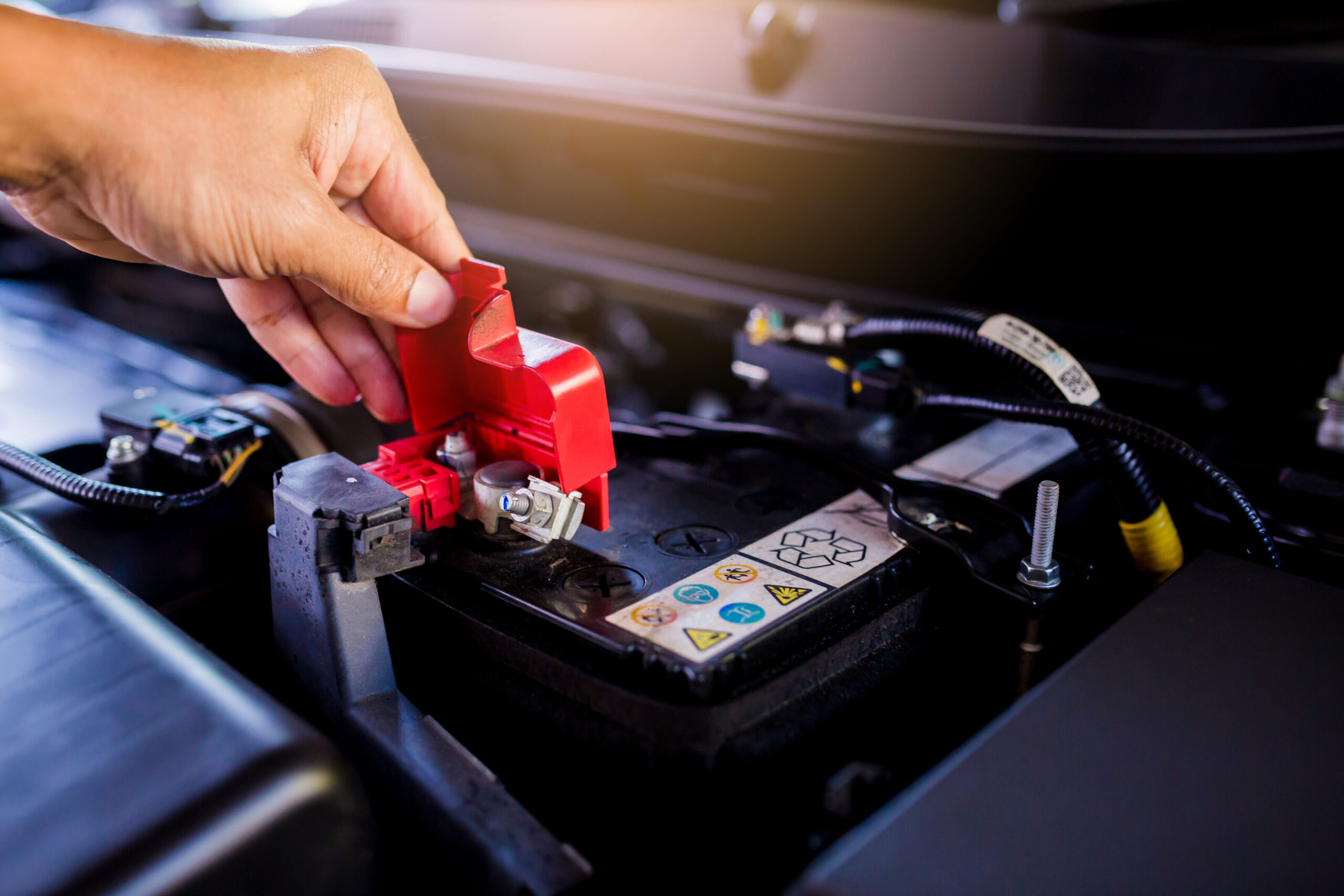30
How Hot Weather Affects Your Car Battery and What to Do About It

With summer heating up, it's crucial to understand how high temperatures can impact your car battery. A car battery is essential for starting your engine and powering key electrical components. Unfortunately, hot weather negatively impacts batteries.
In the section below, we'll discuss “how hot weather affects car batteries”. Learning how heat causes problems and taking a few precautions can help your battery last through the summer.
Importance of Car Batteries
The battery is essential to your car's operation. It provides the initial power to start the engine and run essential electronics like the fuel injection system and onboard computer. The battery also removes irregular voltages from the alternator to protect delicate circuits. During engine operation, the alternator recharges the battery so it's ready to start the car again. Without a working battery, your vehicle won't start or run.
Common Problems Caused by Hot Weather
As hot weather impacts the battery, you may experience periodic problems or even complete failure:- Accelerated fluid loss: Essential battery acid evaporates faster, which can leave cells dry and damaged. You may need frequent refills.
- Increased degradation: Heat wears out the internal plates and connections faster, shortening the battery's lifespan.
- Voltage issues: Extreme temperatures can prevent the chemical reaction from generating adequate voltage. This may prevent you from operating electronics or starting your car.
- Failure: In extremely hot temperatures, the battery may completely fail, leaving your car stranded, if the fluid level drops too much or internal components sustain too much damage.
Tips for ensuring proper ventilation around the battery area
While summer heat can stir up problems, a little prevention goes a long way:- Park in the shade: Shield your car from direct sunlight whenever possible to help regulate battery temperature. Undercover parking works great.
- Keep the top clean: Dust and grime on the battery hold in additional heat. Occasionally clean the case and terminals.
- Check fluid levels: If visible, examine fluid levels monthly when hot. Refill battery cells with distilled water as needed.
- Get annual tests: Have a mechanic assess your battery each spring. They can examine the charge level and condition to catch issues early.
- Consider upgrading: If your battery is over 3 years old, upgrade to a new one with extreme temperature resistance. This offers the best hot weather protection.
When to Consider Car Battery Replacement
If your battery is over 3-4 years old, test it when the weather warms up. Most auto stores offer free testing to see if yours still holds a proper charge. Also, battery posts for excessive corrosion should be inspected and cleaned if needed. Loose or corroded connections prevent adequate charging. Consider buying a new battery that meets or exceeds your vehicle's original cold cranking amp (CCA) rating. The battery should also fit properly in the tray or hold-down with room for airflow around the sides. Installing it early in the season allows "break-in" before summer hits.The Bottom Line
With extreme heat-straining car batteries, taking a proactive approach guards against getting stranded. Check your battery's health and ventilation to minimise heat impact. Be prepared to replace older batteries that may fail when you need them most. With some preventive care, your battery can thrive this summer and for many more to come. Moreover, if you’re looking for car battery replacement services, choosing AIS Windshield Experts would be the right choice.Similar Post
-
23

Why Premium Cars Need Advanced Car Battery Technology
-
23

Best Battery Maintenance Practices for Commercial Fleets
-
17

How to Know If Your Car Battery Needs Replacement Before Summer
-
17

How Professional Battery Checks Can Save You from Breakdowns
-
22

Amaron vs. Exide – A Complete Guide for Best Car Battery in India
Recent Post
- Car Battery Care During Monsoon: Essential Tips to Avoid Breakdowns
- Top 5 Signs It’s Time to Replace Your Windshield
- From Appointment to Completion: What to Expect During a Windshield Replacement by AIS Windshield Experts
- Tips to Remove Fog from the Car Glass
- What To Do If My Sunroof Glass Shatters?
Blog Categories









 1800-102-6364
1800-102-6364  9818866364
9818866364  9599087715
9599087715 